An Economist article published in February 2024 describes the rise of cuteness (“Small, but mighty: how cuteness has taken over the world“).
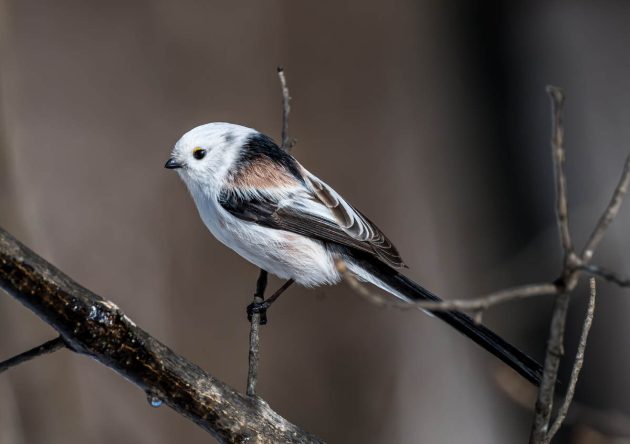
It specifically mentions Japan: “Cute things are everywhere, not just online. In Japan—where appreciation for all things kawaii is especially keen—roadblocks come in the form of dolphins, ducks or frogs.”
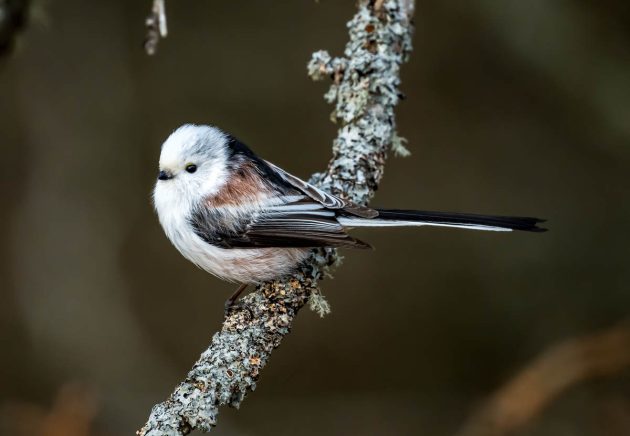
No surprise then that the Long-tailed Tit is very popular on Hokkaido. It helps that the subspecies here is the caudatus one with its entirely white head, which somehow makes the bird look even more like a cartoon character.
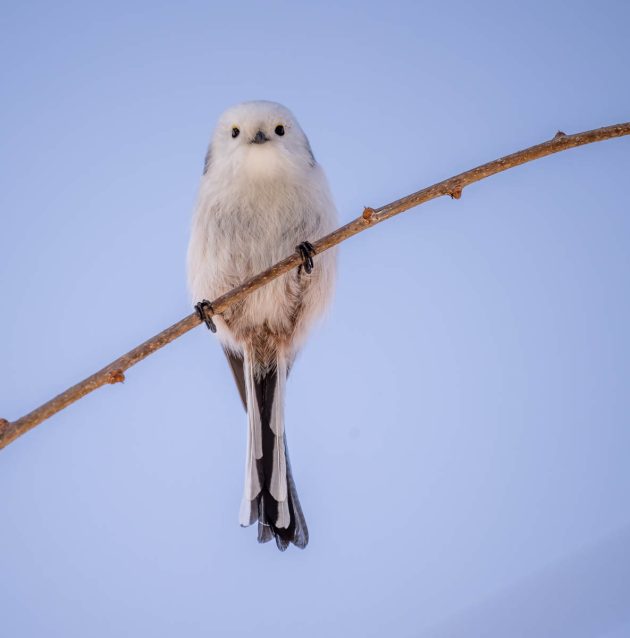
They even sell plush Long-tailed Tit toys at the Hokkaido airports.
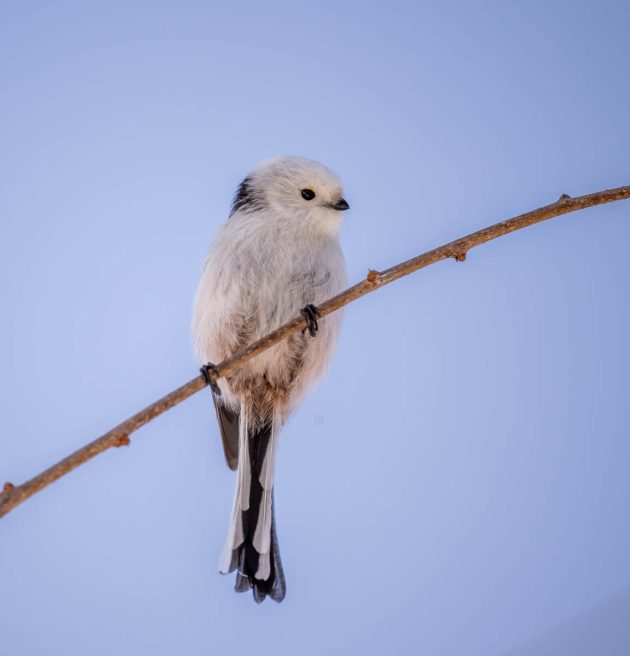
A UK website also gushes about the bird’s cuteness: “This tiny little bird has a strong claim to be considered the UK’s cutest bird!”
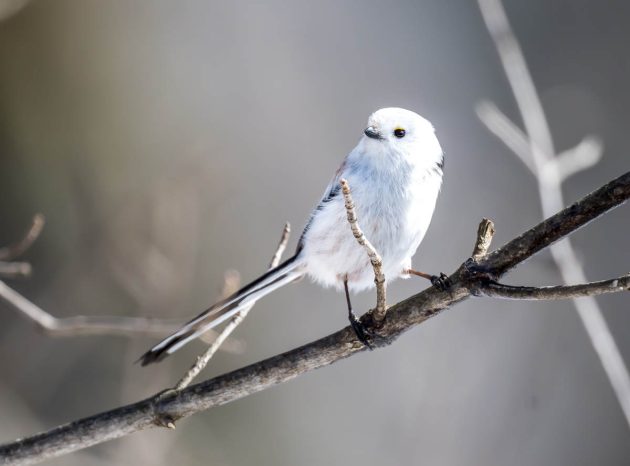
The established purveyors of cuteness at eBird do not disappoint either: “Adorable, active little bird with a minute stubby bill. Distinctive: tiny and fluffy with attractive pinkish, black, and white plumage and very long tail.”
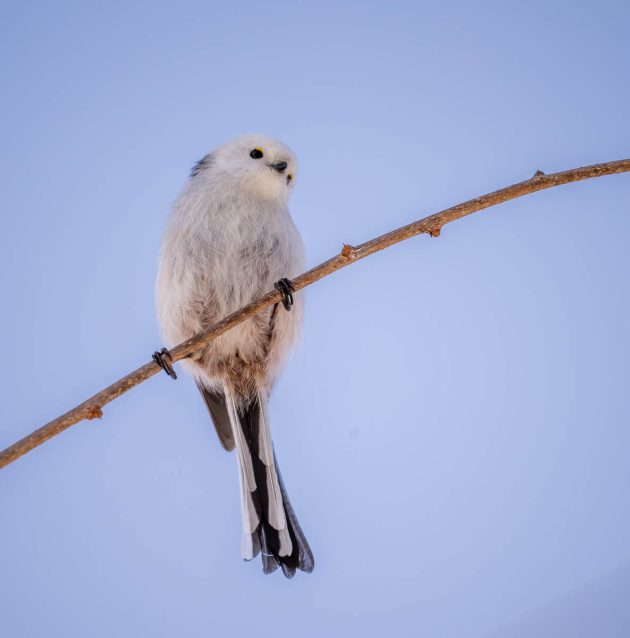
And as a final entry in the cuteness section, here are some photos of the nest – the research group that has set up this website calls the birds “lotti’s” for short, which in itself is kind of cute.
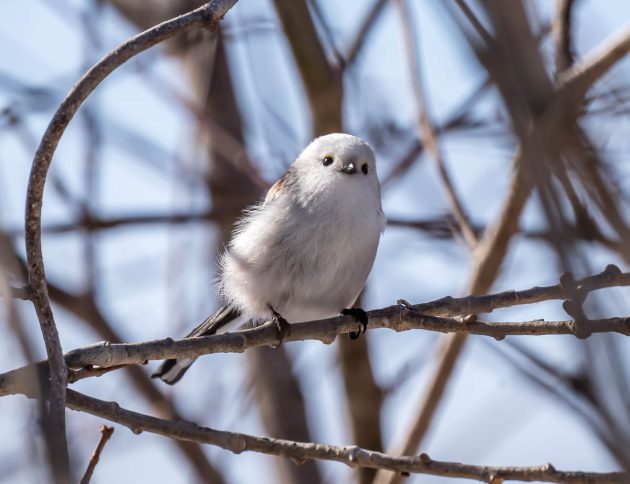
As a polymer chemist by education, I was thrilled to see that plastics are useful to the Long-tailed Tit as well – a paper describes a nest in northwest England that was largely constructed from plastic debris, namely synthetic fibers, from a nearby discarded cushion.
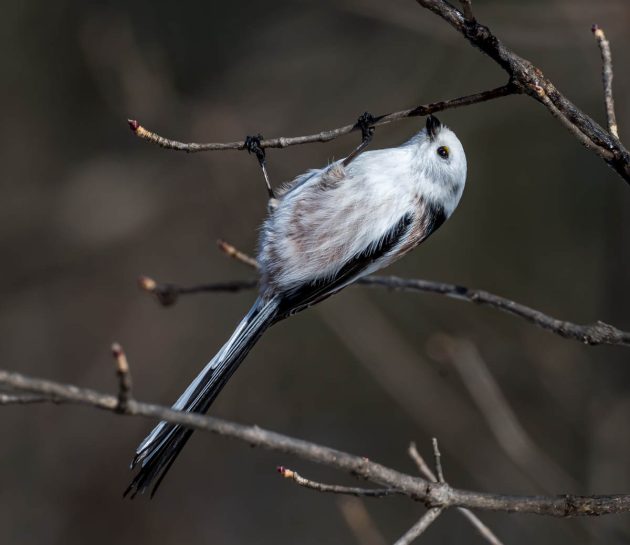
To my disappointment, the nest was later abandoned.
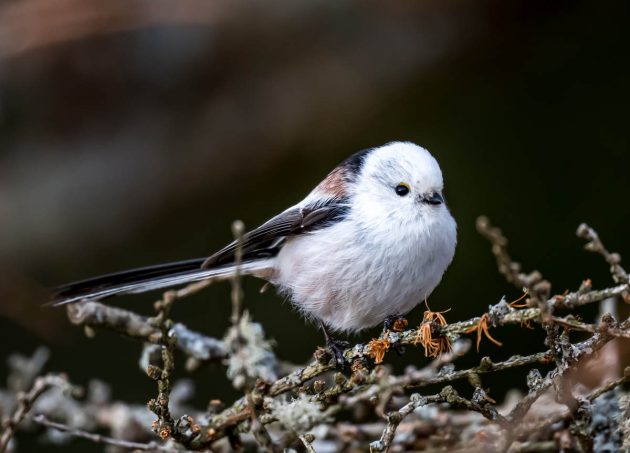
The species is a cooperative breeder – males whose breeding efforts fail help other males bring up their chicks.
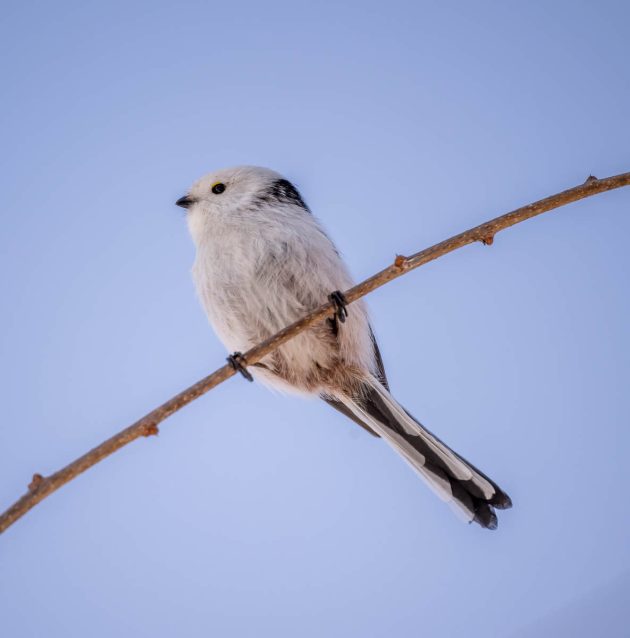
Interestingly, they prefer to help males whose calls are more similar to their own, presumably an indication of being more closely related.
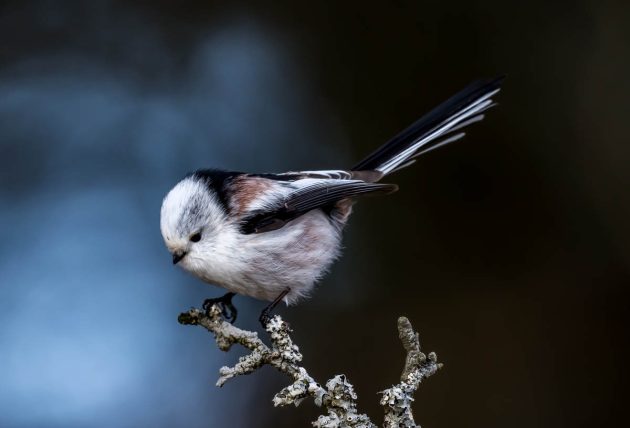
“Bye for now!”
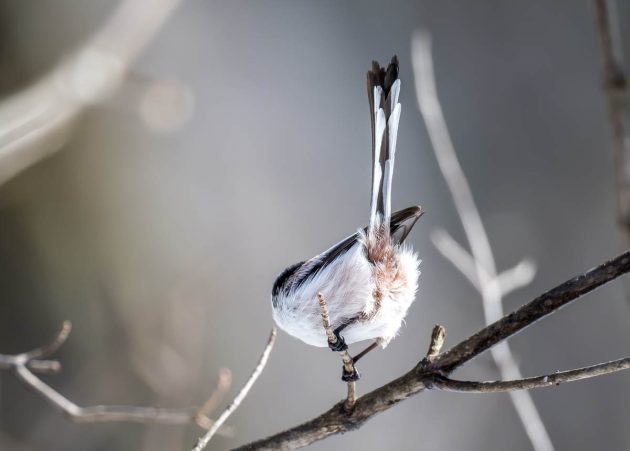
Source link


